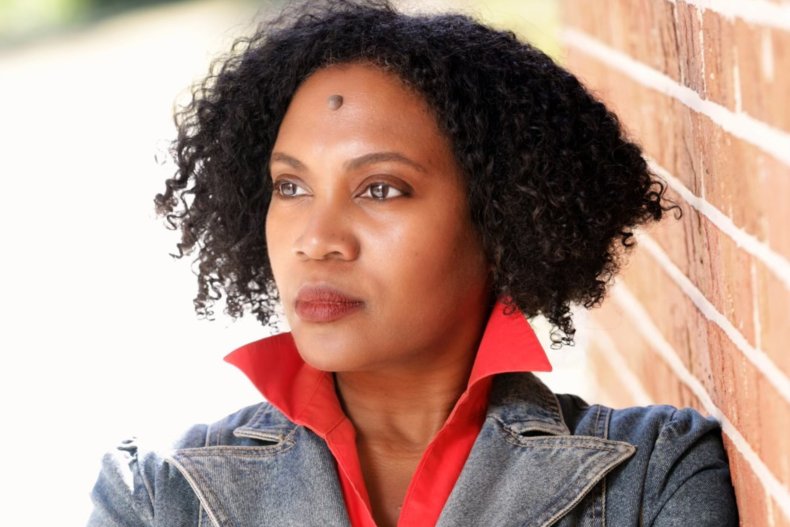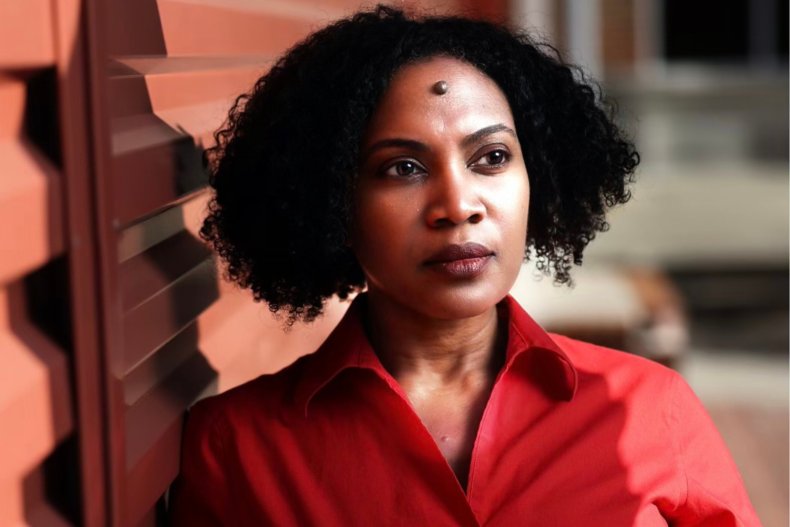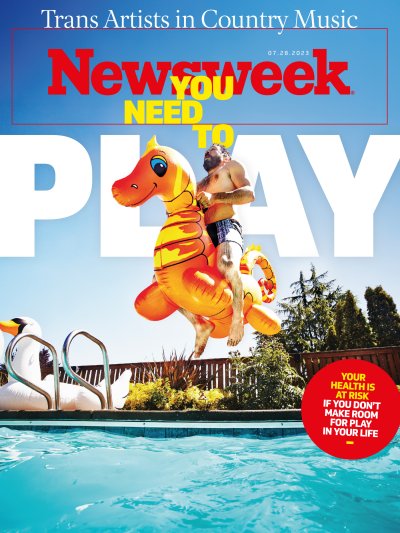A few years ago while fighting down the knot in my stomach, I spoke to a student loan representative about a better plan for paying off my student loans before I was on a walker or dead.
My original $88,000 loan total had ballooned to an inescapable $300,000. Interest had continuously capitalized while in deferment during graduate school and a short period of unemployment, despite years of working while making monthly payments of over $500 on the Income-Based Repayment Plan.
I didn't yet meet the 120 on-time consecutive payments that might qualify me for loan forgiveness. In the meantime, the service agent explained the 8.125 percent fixed rate set by the department when I had consolidated my student loans as advised by a school financial aid representative.

She was very matter-of-fact. My options were only for managing the debt and continuing to avoid default, not forever paying it off. So there it was.
After we hung up, I indulged in a rare good cry. Even if I could have paid the accrued interest then of $41,000, $59 in interest was still being added every day. The now almost $700 in monthly payments I make continue to go to the interest, never really contributing to decreasing the principal.
The past several years have been a roller coaster. Will the Biden Administration achieve sweeping relief for student loan borrowers and more importantly for me? Even before the Supreme Court struck down the Biden Administration's modest proposal of about $10,000 in debt relief for some, it was not going to help many of us.
Neither was the pause on student loan payments due to COVID, because it did not mean an automatic pause on interest rate accrual for all types of student loans.
The punishment for taking a needed break from monthly loan payments would have put me in even more long-term debt. It's been hard to stay optimistic. There's so little resolution specifically targeted at rectifying the predatory interest rates and weak payment plans of the 80s and 90s through the early 2000s, which disproportionately affected a lot of first-generation and African American students.
We tend to shoulder more student loan debt, as an estimated 86.6 percent of African American students borrow federal loans and graduate with $7,400 more in student debt than their white peers, Insider reported. Post our four years, even more after graduate school, we have twice the student debt as our white counterparts.
I've kept my student loan dilemma pretty much to myself save for scattered fruitless conversations with a loan representative during recertification. It always results in the same no-win terms. I continue to pay the so-called manageable hike in my monthly payments to avoid a whopping $2,000 or more a month. I am supposed to be a financially secure middle-class professional with her student loans paid off, but I'm not.
I went to college with simple hopes, longing to both learn more and escape the perpetual lack of money stress that dogged my childhood. I wanted to make my way to a financially stable middle-class life through the path advertised—graduate high school and college and earn whatever else necessary for career success then make my mom proud, secure financial health for myself and my family, serve the community doing meaningful work, and pay my student loans off in a few short years.
I earned a PhD, the first in my family, and avoided borrowing a lot, or so I thought. But what I understood then about interest rates let alone capitalization, subsidized and unsubsidized wasn't enough to fill a teacup.
I was elated when during his campaign, President Joe Biden proposed forgiving all undergraduate tuition-related federal student loan debt for borrowers from public colleges and universities earning up to $125,000 per year, in addition to private Historically Black Colleges and Universities (HBCUs) and minority-serving institutions.
For fifteen years, I've taught at a historically Black college. Faculty salaries at such colleges are generally lower compared to the national averages of PWI counterparts. Most of our underrepresented student population qualifies for financial aid.
The Public Service Loan Forgiveness program, developed in 2007 (PSLF), promises loan forgiveness after ten years of paying. In theory, it should help many avoid a lifetime of paying back more than borrowed. But it hasn't for me and the rest of the 99 percent rejected.
My income to debt ratio is so high because of my student loans, it weighs my credit down. I want to pay back what's owed, but not at double or triple what we didn't borrow.
I represent a part of the Black middle class that's more educated than financially secure. We are not able to save enough out of our paychecks or build college funds, or retirement nest eggs or invest aggressively enough because a chunk of our yearly income is going to student loan debt inflated by the interest.

I was sitting on stage with faculty colleagues on May 19, 2019, at the Morehouse graduation that made news around the world. Billionaire Robert Smith announced that he would pay off the student loans of that whole graduating class. I was genuinely elated.
Our students wouldn't be held hostage to education debt for most or all of their working lives like me and many colleagues. I've continued to rejoice for the strangers on social media and in news stories who have gotten thousands of dollars of loan debt relief or a complete wipeout while trying to be realistic and hopeful about my own.
As I write this, a TV news report comes on, $39 billion in student loans will be forgiven in the latest Biden administration effort. More than 800,000 borrowers qualify, most on the income-driven payment plan. Notices started going out to eligible borrowers on July 14.
As of yet, not one to me, but notices will continue over the next year. I breathe into the knot taking turns balling up and uncurling in my belly.
Stephane Dunn, PhD, MA, MFA, is a writer, filmmaker, professor, and cultural critic. She is also the author of the book, Baad Bitches & Sassy Supermamas: Black Power Action Films (University of Illinois Press), the novel Snitchers, the Finish Line/Tirota Social Justice Screenplay competition winner, Chicago '66 and many book chapters and articles in such publications as The Atlantic, Vogue, The. Chronicle of Higher Education, The Root, Ms. Magazine, Best African American Essays among others.
All views expressed in this article are the author's own.
Do you have a unique experience or personal story to share? Email the My Turn team at myturn@newsweek.com








